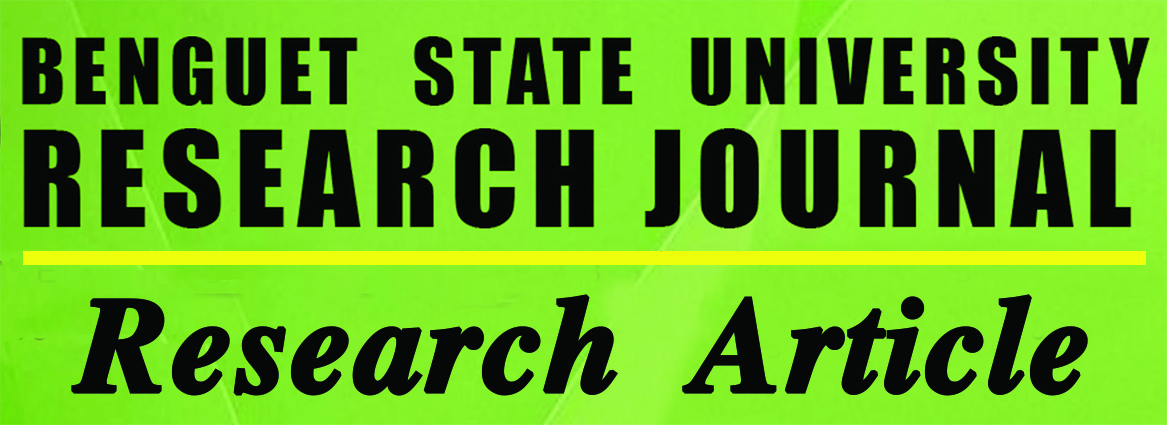Secularization of the Sacred: "Bendian" Through the Passage of Time
Main Article Content
Abstract
This study is designed to document how Bendian evolved from a ritual to what is now called as “staged performance” and how cultural integrity and community development was promoted though its staging. It is therefore intended to look into the process of community dialogue leading to community action that affects the welfare of the community especially in terms of the maintenance of cultural integrity and the promotion of tourism. The study is limited to the documentation of the experiences and processes.
Findings show that the process of dialogue that the community people continuously observed determined the evolution of Bendian with the following enabling factors: politics, education, economic condition of the community, and tourism. The staging of Bendian provided an avenue for exchange of ideas and sharing of values, principles, characteristics and values of the community members making them feel the process of change and the process of development.
Based on the ECIP framework, the cultural integrity of the staged performance was maintained. The staging also played a big role in the intergenerational transmission of knowledge and values. Religion, education, lack of interest of the youth, lack of resources, opposition of parents, personal convictions of a member of the community, death of elders, time constraints, and lack of documentation were considered as a challenge in the development of cultural integrity in the community.
In conclusion, the evolution of Bendian from a sacred healing ritual to a secularized medium is a manifestation of a cultural change influenced by internal and external forces. The process of dialogue that the community people continuously observed, however, determines the integrity of these changes. In relation to development, it is through careful and conscious examination and understanding of these changes can the community become more able to mainstream the concept of culture into the development process.
Continuation of such practice in a form of stage performance is strongly recommended. With regards to the boundaries of change that must happen, community dialogue should be continued and properly observed together with the elders of the community. A follow-up study must also be conducted to assess the impact of cultural tourism in the municipality.

